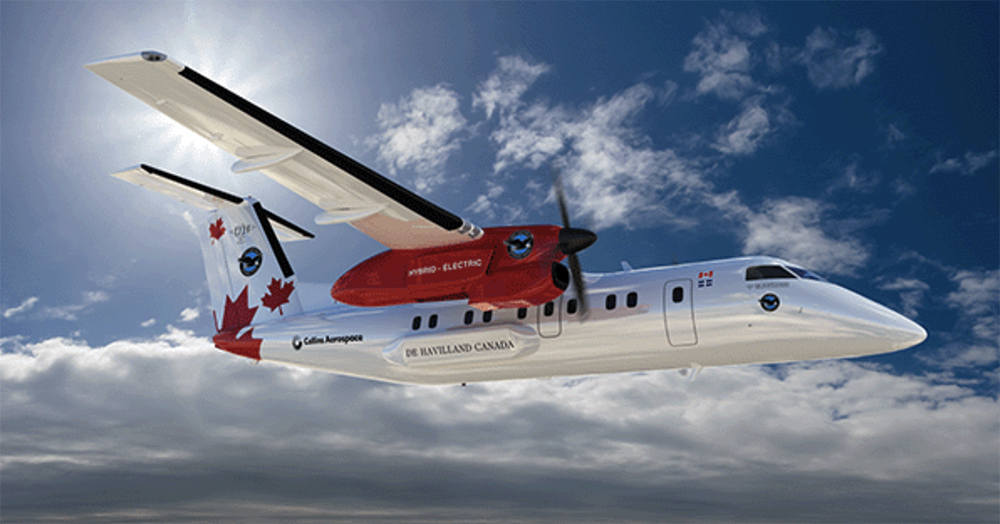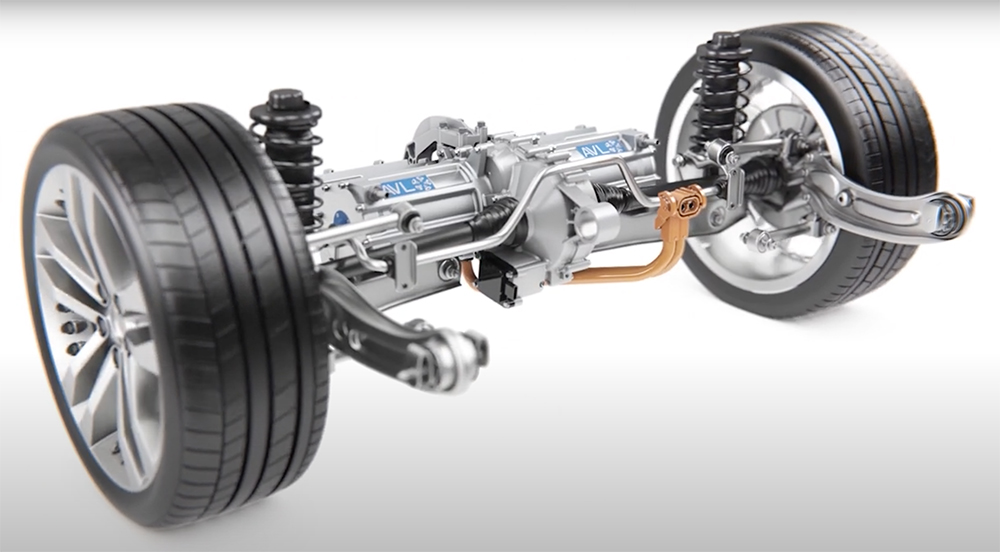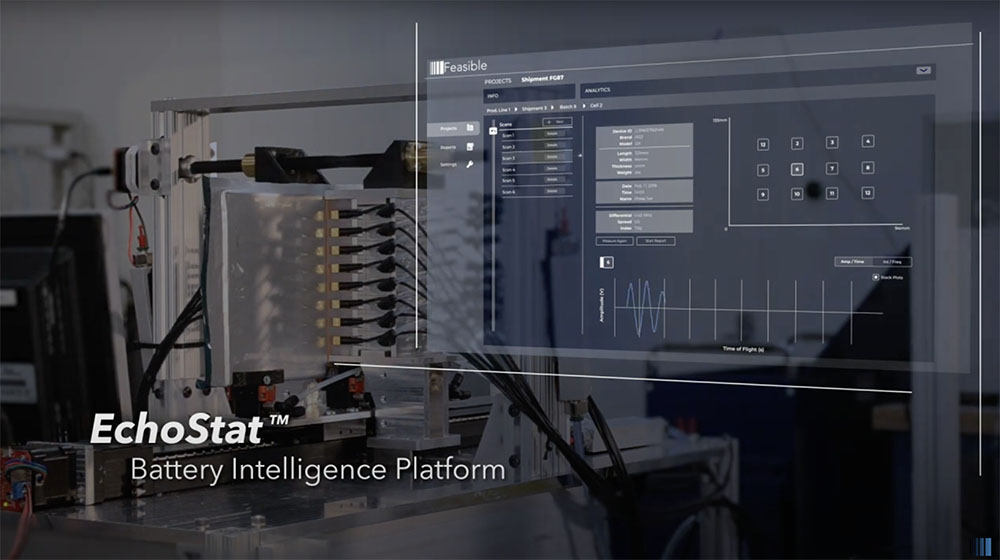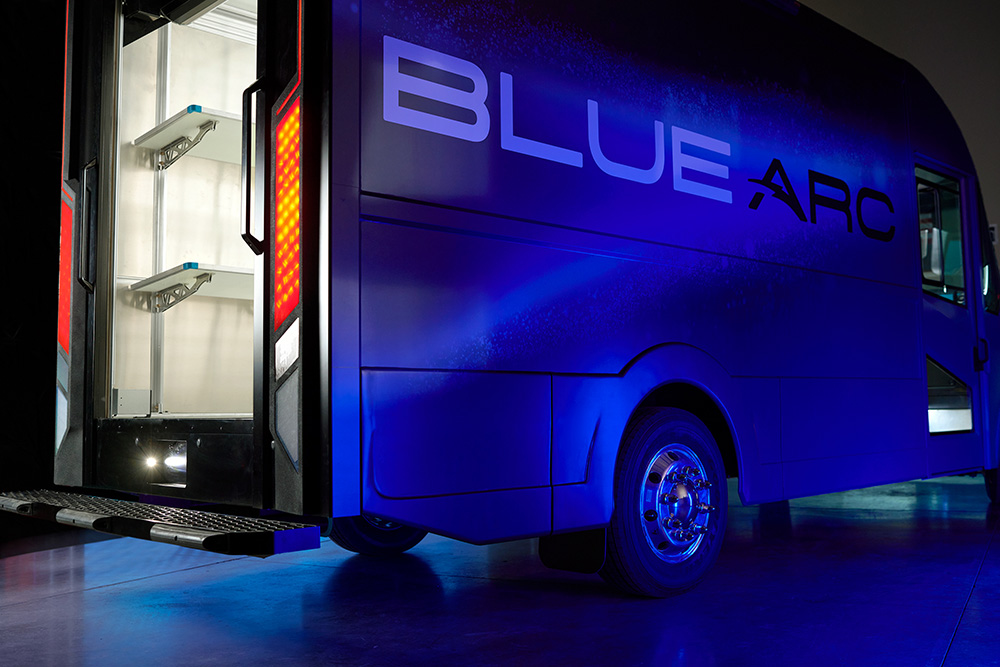[ad_1]
Global consulting firm Ricardo has signed a multi-year deal with Pratt & Whitney Canada, a manufacturer of aircraft engines. The Ricardo aerospace engineering team will support P&W in the development of hybrid-electric propulsion technologies for next-generation aircraft.
The project is part of Pratt & Whitney Canada’s regional hybrid-electric flight demonstrator program. The company is targeting a 30% improvement in fuel efficiency compared to today’s most advanced turboprop engines for regional aircraft.
The Pratt & Whitney Canada Regional Hybrid-Electric Flight Demonstrator is based on a De Havilland Canada Dash 8 experimental aircraft.
Adrian Schaffer, President of Emerging Mobility at Ricardo, said: “This project will help us build on our existing reputation for the innovative design and delivery of future-forward solutions for aerospace customers, creating clean, efficient, and integrated propulsion systems for next-generation aircraft.”
Jean Thomassin, Executive Director of New Products and Services, Pratt & Whitney Canada, said: “Hybrid-electric propulsion technology is a core element of our strategy for continually advancing the efficiency of aircraft propulsion systems, in support of the industry-wide goal of achieving net zero carbon dioxide emissions for aviation by 2050. Our collaboration with Ricardo brings valuable expertise around component design, system integration, and testing, which will ultimately enable us to demonstrate the potential of this technology, with ground testing starting later this year and eventual flight tests in 2024.”
Source: Ricardo
[ad_2]
Source link




